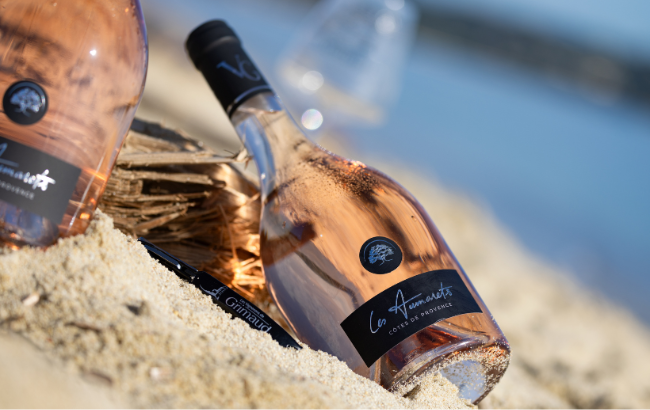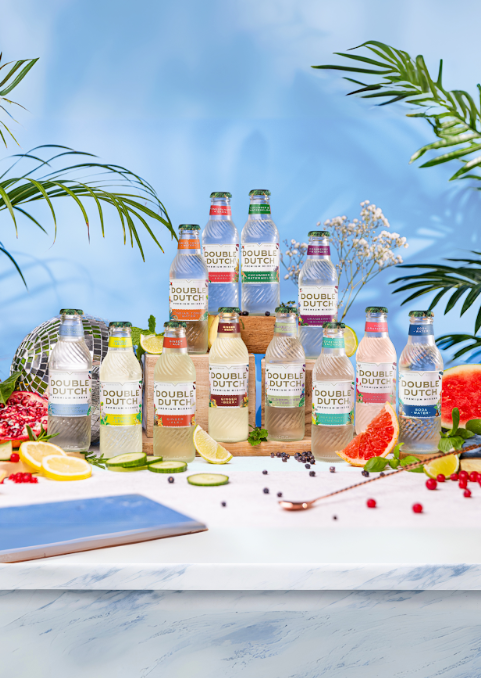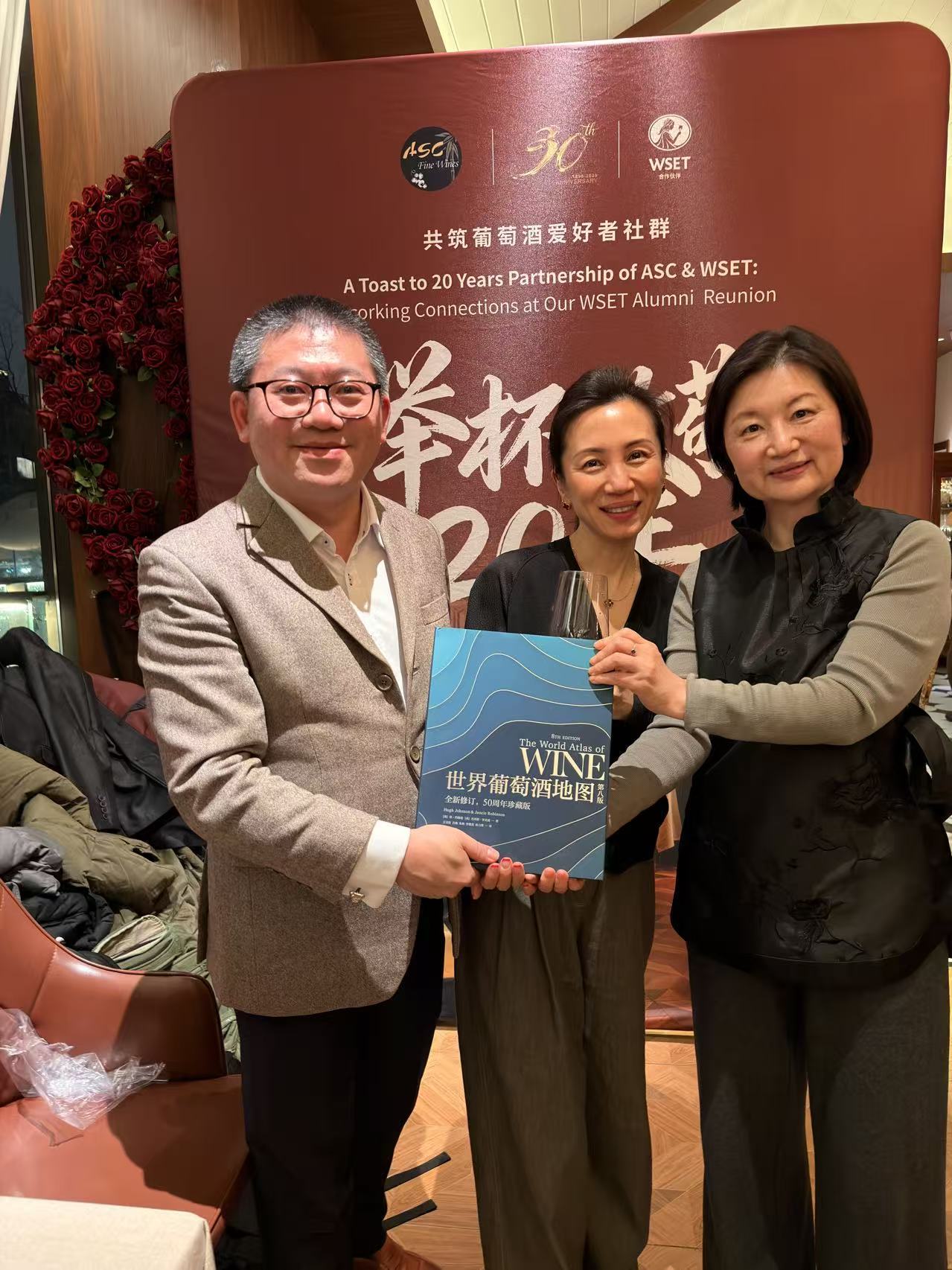Why distilleries are using reggae to ‘musically mature’ their spirits
Distilleries in the US are using reggae, hip-hop and blues to soothe their spirits and enhance the natural barrel-ageing process to create “musically matured” whiskies, Bourbons and rums.
Among the distilleries to have taken up the practice is Copper Kings in Louisville, Kentucky, which produces American craft brandy. It plays music through a set of subwoofers into its barrel room, which the team believes alters the evolution of a spirit in barrel.
While it might seem fanciful, the science behind it does hold some weight, and it makes sense that increased vibrations within a barrel could alter the ageing process.
Explaining the concept of “sonic ageing”, the team states: “We have five major sub-woofers in our basement maturation cellar. The principle of Sonic Aging (maturation) is not vibration but pulsation. We pulse (a bass note in particular) music through the cellar.
“The alcohol molecule being less dense than a water molecule starts to move away from the pulse, and collide with other alcohol molecules inside the barrels which eventually collide with the barrel wall, they slide up the wall, which starts to create a ‘distillate wave’ inside the barrel resulting in increased frequency of contact over time between the distillate with the barrel walls and in our opinion enhances maturation. And at the very least, happy brandy makes for happy drinking.”
Similarly, Dark Island in New York also musically mature their spirits, believing that the vibrations encourage greater interaction between the liquid and the barrel.
Explaining their reasoning, the team points toward the whiskies and rums of the 1700s, which it says historians agree to be among the best ever produced.
The common factor, it says, was that such expressions were transported by wagon train or in the hull of a ship over a period of three to five months, with the liquid constantly moving throughout that time.
“Consumers found that these transported spirits had much more depth of flavor and smoothness compared to the products that were statically aged,” states Dark Island. “With this knowledge, we set forth to develop a technology to move our spirits.”
Partner Content
The distillery employs its own patent pending device, called Tactile Immersed Isolated Maturation Engine (TIIME), which creates liquid waves inside the barrel allowing it to “musically mature” its spirits, with the waves forcing the liquid outward and into the wood for more barrel/liquid interaction.
A different genre of music is paired to each expression of Bourbon, brandy, rum or whiskey, and stated on its label, depending on the desired style.
Heavier, faster music with a more powerful bass line creates more vibrations, and therefore a greater interaction between liquid and wood, compared with softer music, which creates less vibrations and tends toward a lighter spirit.
For example, Dark Island’s Eleanor Glen single malt whiskey is matured to the sounds of Celtic rock act Jane Espie, its Blues Bourbon is treated to a playlist of classic R&B while its rum, appropriately, is accompanied by reggae beats.
Musical maturation is not unique to the world of spirits. Kaiken in Argentina, which is owned by Chilean winemaker Aurelio Montes, is also known for playing music to its resting wines.
The team continuously plays Gregorian chants to its icon wine, Mai, in the cellar, creating a almost holy setting. It’s like “singing a lullaby” to the wine, Ignacio Torti, commercial manager, told the drinks business.
“We believe that this type of music allows the wine to be more rested and makes for a better wine,” he said. “That’s what we think. Maybe it doesn’t make a difference but we believe it”.





HA! Very nice. You may want to investigate Tuthilltown Distillery in Gardiner, NY. They’ve been pumping up the bass under their stock of aging whiskey for years and have really groovy silo’s, painted in “woodstock’style. BTW, Are you familiar with my trilogy on Drinks & Music?
Malts & Jazz https://www.amazon.com/Malts-Jazz-Hans-Offringa-ebook/dp/B00D0G9CAU/ref=sr_1_1?ie=UTF8&qid=1529583381&sr=8-1&keywords=malts+%26+jazz
Bourbon & Blues https://www.amazon.com/Bourbon-Blues-Hans-Offringa-ebook/dp/B009ZIX24Y/ref=sr_1_1?s=digital-text&ie=UTF8&qid=1529583411&sr=1-1&keywords=bourbon+%26+blues
Rum & Reggae https://www.amazon.com/Rum-Reggae-Drinks-Music-Book-ebook/dp/B00CEHGSAS/ref=sr_1_1?s=digital-text&ie=UTF8&qid=1529583465&sr=1-1&keywords=rum+%26+reggae
check’ em out if you have time,
all the best from The Whisky Couple